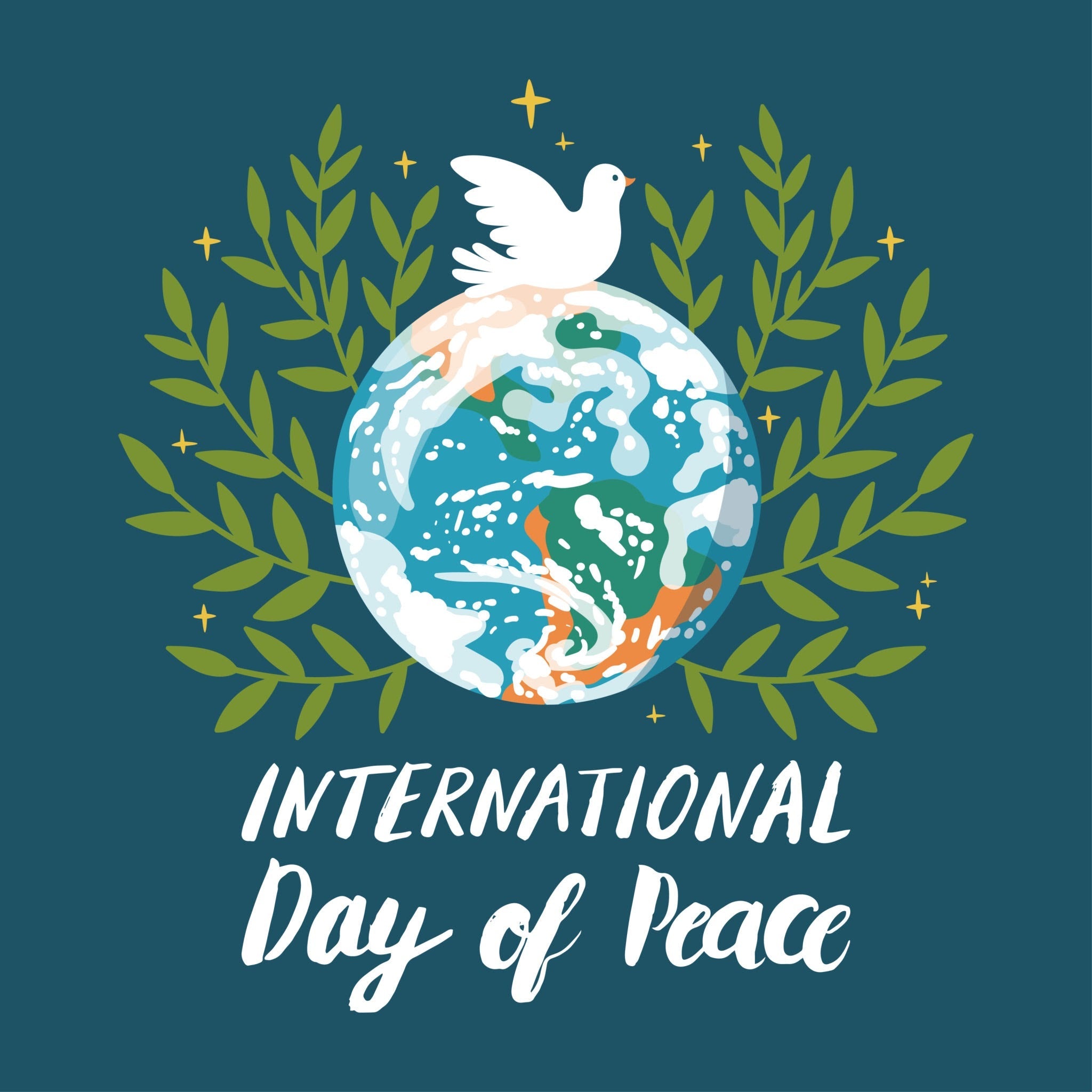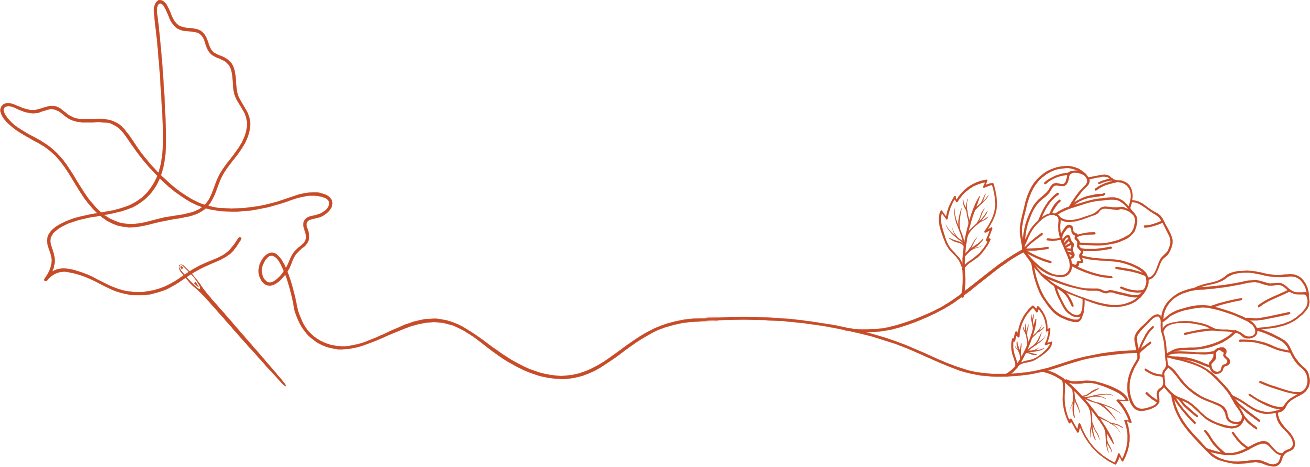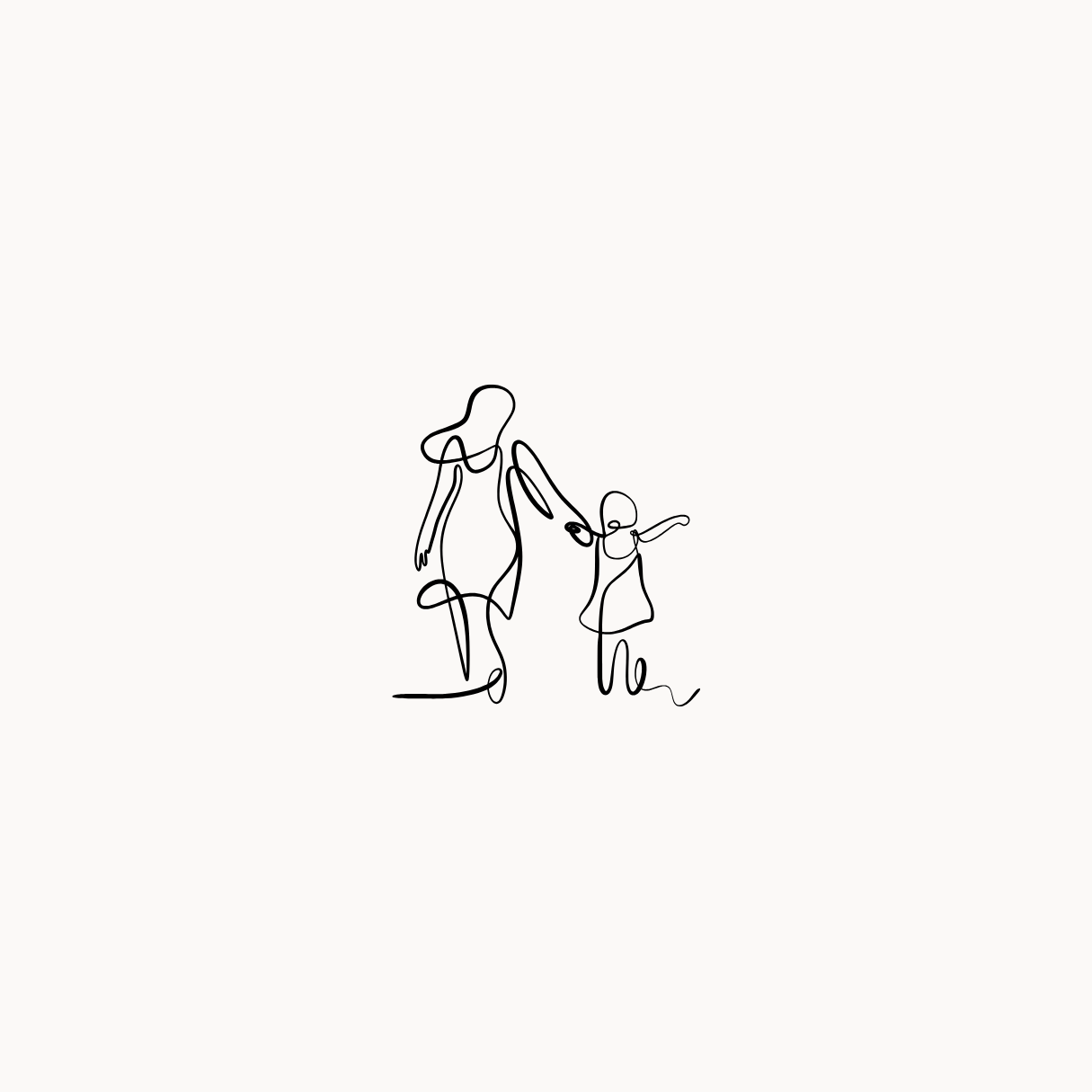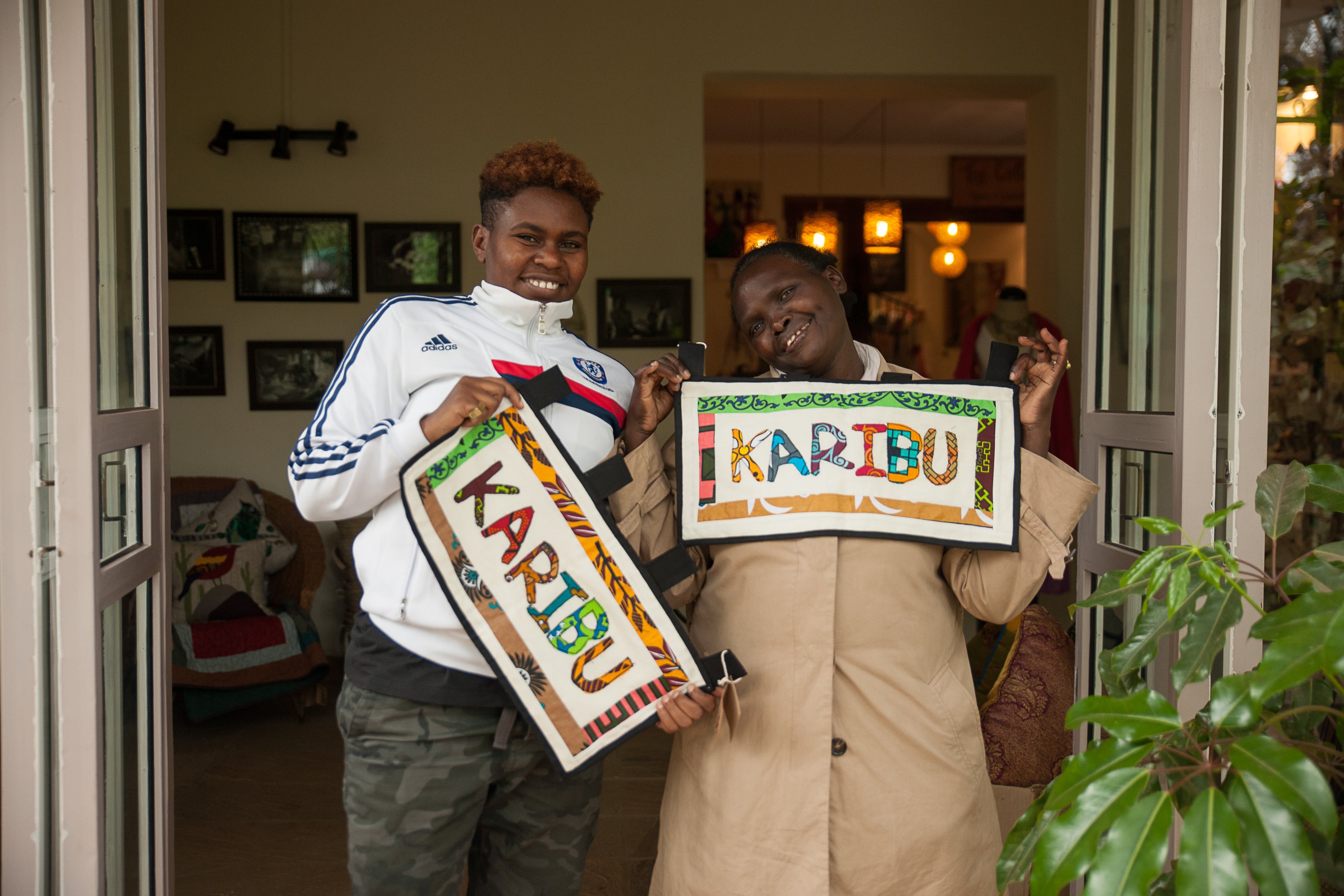Work. What is work? We use phrases like ‘I’m beat’ ‘I’m spent’ ‘I’m overworked’ ‘The grind’ ‘The rat race is really getting to me’ ... The list goes on and on. It’s easy, especially in Western culture, to have a picture of work as something that we do for a particular time in our lives… we pay bills, take care of our kids, buy Christmas presents...then what? We retire? Did you make enough money to travel the world? Did you make enough for the endless shrimp pasta on that cruise? After you’ve read all those books you’ve been putting off and tried all of those Betty Crocker recipes that have been sitting on your counter, then what? What are you working towards? What are you even working for?
It is so easy to lose sight of what Christians are called to do with their work. Luckily, God foresaw mankind's future and wrote it down so we could get it right the second time. In the Bible it is easy to see that we are created in the image of God, “So God created man in his own image, in the image of God he created him; male and female he created them.” (Genesis 1:27).
We see that God was the original worker. He breathed out a creation so intricate scientists are still scratching their heads thousands of years later: “And on the seventh day God finished his work that he had done, and he rested on the seventh day from all his work that he had done.” (Genesis 2:2).
Because man was made in the image of God, he also has this gift for creation, though in a lesser kind of way. God even handed off continued development on Earth to man’s creative activity, “…fill the earth and subdue it, and have dominion over the fish of the sea and over the birds of the heavens and over every living thing that moves on the earth.” (Genesis 1:28 ESV). Those words are the original intent
that moves on the earth.” (Genesis 1:28 ESV). Those words are the original intent
and objective of mankind, without the distortion of sin.Digging deeper into that verse, the word ‘dominion’ used is translated in Hebrew is radah meaning the rule of a king.1 The examples given for the ways in which God calls his appointed kings to rule is with mercy. He calls kings to act wisely, on behalf of the oppressed, etc.2 He is calling man to act on behalf of the land, caring for it like a king would his people. Therefore, caring for the earth was not a punishment or a chore, it was God’s initial intention for man to participate and take joy in.
RADAH, doesn’t quite mean everyone needs to pick up a rake and start plowing the ground, nor does it mean you put on a fancy gold crown and sit in a chair way to big for you. Radah is happening now, yet we participate in it differently. Before God was speaking to Adam and Eve as individuals, but since the explosion of culture, we participate in it as a unit, or… as the kingdom of God.
I the beginning perfection was a wild garden, but in the end the picture of perfection in Revelation is a glorious city. This is the city that Jesus built, “I go to prepare a room for you in my Father’s house…” (John 14). Had man not strayed horribly from his calling, requiring Jesus to work for us in the greatest act of love imaginable, this is the city that mankind would have built. Educators, lawyers, restaurant workers, scientist, analysts, homemakers and all others would have worked as God worked during the creation, with all their power, pride, and diligence, and we would have seen that the city of God is good. As Jesus cried out, “It is finished,” the work of building that city is finished, we’re just not there yet (John 19:30). Although our room is prepared in heaven, Christ’s perfect city is still being revealed on earth through the members of God’s kingdom.
The kingdom of God is not a special club one joins when you die, it is living and breathing and moving right now. A big part of how we can participate in the kingdom is restoring the vision for God’s mandate to work.
Amani ya Juu is founded on the fact that work is a mandate given by God and it is good. We start by giving the women tools for their work.  This is done through our free job training program, which gives them the skills to earn a dignified living for themselves and their family. Over the course of three years, in a predictable, daily pattern of devotions, work, fair pay for that work, and community, the women become trained in making all of our products. Amani emphasizes the quality of the items the women make. We want them to be proud of their creation—to come to the end of their day and see that it is good. They have the opportunity to feel pride in what they make and what they are paid for their work. Amani is providing opportunity for women to choose to participate in God’s mandate, where they had little to no opportunity before. It is no wonder that so many women come to know Jesus through working at Amani. God structured life well—devotion, family, community, work—, and when that structure is restored, it is so easy to see Him clearly in it. It is also no wonder that so many women make their career at Amani. Most of the women you see day-to-day at the Kenya center have been there for 10+ years!
This is done through our free job training program, which gives them the skills to earn a dignified living for themselves and their family. Over the course of three years, in a predictable, daily pattern of devotions, work, fair pay for that work, and community, the women become trained in making all of our products. Amani emphasizes the quality of the items the women make. We want them to be proud of their creation—to come to the end of their day and see that it is good. They have the opportunity to feel pride in what they make and what they are paid for their work. Amani is providing opportunity for women to choose to participate in God’s mandate, where they had little to no opportunity before. It is no wonder that so many women come to know Jesus through working at Amani. God structured life well—devotion, family, community, work—, and when that structure is restored, it is so easy to see Him clearly in it. It is also no wonder that so many women make their career at Amani. Most of the women you see day-to-day at the Kenya center have been there for 10+ years!
How beautiful is a world in which we see our work as a vehicle of creation rather than a necessary toil in which we cry, “When will it end!?” The answer is, it will never end because this is what we were made for, and it is good.
So again I ask, what are you working for? Or should I amend to who are you working for?
1R. L. Harris, G. L. Archer, & B. K. Waltke. (1980). Theological wordbook of the Old Testament. Chicago : Moody Press.
2Isaiah 1:17, Proverbs 31:8-9, Psalm 12:5

 that moves on the earth.” (Genesis 1:28 ESV). Those words are the original intent
that moves on the earth.” (Genesis 1:28 ESV). Those words are the original intent  This is done through our free job training program, which gives them the skills to earn a dignified living for themselves and their family. Over the course of three years, in a predictable, daily pattern of devotions, work, fair pay for that work, and community, the women become trained in making all of our products. Amani emphasizes the quality of the items the women make. We want them to be proud of their creation—to come to the end of their day and see that it is good. They have the opportunity to feel pride in what they make and what they are paid for their work. Amani is providing opportunity for women to choose to participate in God’s mandate, where they had little to no opportunity before. It is no wonder that so many women come to know Jesus through working at Amani. God structured life well—devotion, family, community, work—, and when that structure is restored, it is so easy to see Him clearly in it. It is also no wonder that so many women make their career at Amani. Most of the women you see day-to-day at the Kenya center have been there for 10+ years!
This is done through our free job training program, which gives them the skills to earn a dignified living for themselves and their family. Over the course of three years, in a predictable, daily pattern of devotions, work, fair pay for that work, and community, the women become trained in making all of our products. Amani emphasizes the quality of the items the women make. We want them to be proud of their creation—to come to the end of their day and see that it is good. They have the opportunity to feel pride in what they make and what they are paid for their work. Amani is providing opportunity for women to choose to participate in God’s mandate, where they had little to no opportunity before. It is no wonder that so many women come to know Jesus through working at Amani. God structured life well—devotion, family, community, work—, and when that structure is restored, it is so easy to see Him clearly in it. It is also no wonder that so many women make their career at Amani. Most of the women you see day-to-day at the Kenya center have been there for 10+ years!





Leave a comment
This site is protected by hCaptcha and the hCaptcha Privacy Policy and Terms of Service apply.